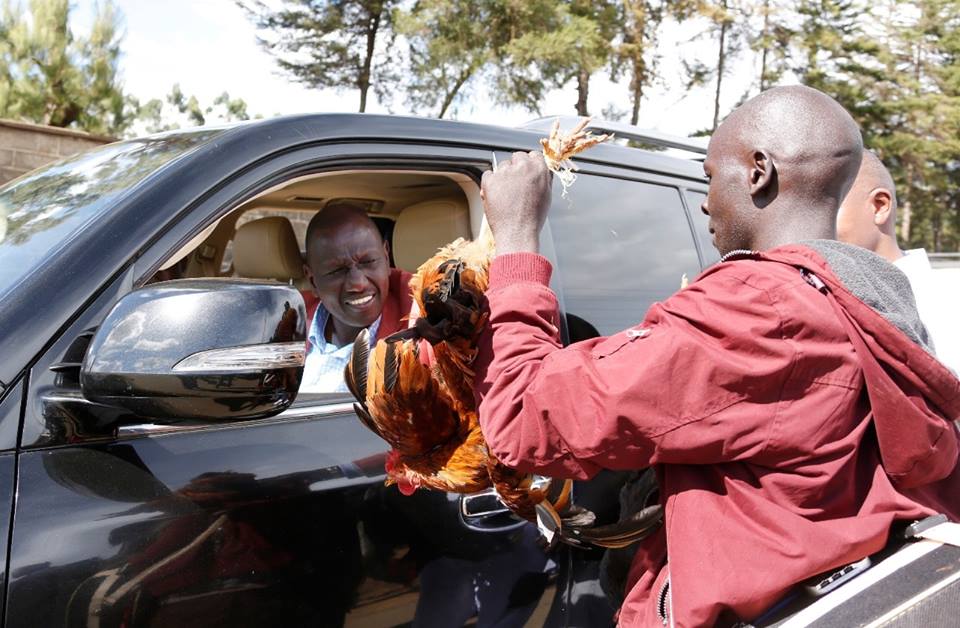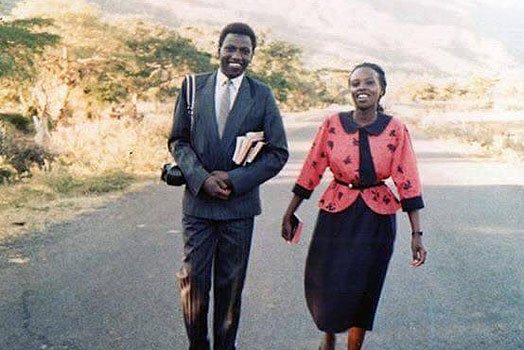It is acknowledged that media and free expression are cornerstones of democratic societies.
Nevertheless, in order to preserve a healthy media landscape, democratic societies regularly impose restrictions on acceptable mechanisms of free expression.
These mechanisms often entail adherence to prescribed standards contained in the legal and regulatory framework that guide news gathering and attendant media practice.
As such, news organizations have ethical duty to provide the public with credible information.
One of the ways of establishing media credibility is to ascertain the extent to which they can be relied upon to provide accurate, reliable information.
Media Act
Second Schedule of Media Act, 2013, for example, spells out that it is the responsibility of the media to write fair, accurate and unbiased story on matters of public interest.
It further provides that all sides of the story shall be reported wherever possible, placing value on significance or relevance.
Has the media subscribed to the said provision while reporting on the inspiring story of the early life of president- elect Dr William Ruto?
What is apparently missing is the exact period when the DP became a chicken seller. Was it during his university days or before? was it immediately after his ‘A’ levels at Kabsabet Boys? Or was it the ordinary way in which millions of youths in the villages do a few ‘odd’ jobs to have some pocket money for their escapades?
Okoyo
It has been reported that he rose from being a chicken seller to occupy what is now regarded as the top most seat in the land.
I was thrilled to go through the incredible story of the Deputy President who is soon to be sworn into office as The 5th on Tuesday next week.
At 26 years, Ruto was a member of YK92 (a formidable lobby group of young politicians that were ardent supporters of Kenya African National Union, KANU, formed to rally support and funding for Kenya’s second president Daniel Arap Moi) and was first elected Eldoret North MP in 1997, aged 31. This is no mean achievement!
He was later to occupy important positions such as Assistant Minister (1998-2002) and KANU’s Secretary General (2005).
In 2006, Ruto announced his presidential bid ahead of 2007 General Elections. He would later ditch KANU and team with Raila with whom (among others) they founded Orange Democratic Movement (ODM). The rest is lucid clear.

Chicken seller
A sneak preview of Dr Ruto’s life as reported in a section of the media eulogizes him as a man who, like the proverbial Phoenix, rose through the ashes to be what he is today.
I am on record to have particularly admired his hard work and determination to scale heights.
This stems from my special penchant for go getters. Indeed, his is a story of a progressive realization of a worthwhile goal- success!
What is apparently missing is the exact period when the DP became a chicken seller. Was it during his university days or before? was it immediately after his ‘A’ levels at Kabsabet Boys? Or was it the ordinary way in which millions of youths in the villages do a few ‘odd’ jobs to have some pocket money for their escapades?
In my view, this link is missing yet very important as it is what identifies the president -elect with the down trodden or simply put ‘hustlers’ in Kenyan slang.

To be fully inspired, ‘hustlers’ need this side of the story, and of course not forgetting any external hand that may have come his way to lubricate his success journey.
It is this information that inspires many to start small and end big. Can the media do Kenyans sufficient justice in covering this very important stage in the life of our Deputy President?
The tag ‘Chicken seller’ connotes a period of intense toiling and moiling that would certainly give hope to those in financial doldrums at a time the shilling is wobbling.
Methinks this bit will inject some level of objectivity and moderation to the unbridled rhetoric that often characterise journalistic coverage of prominent news subjects.
